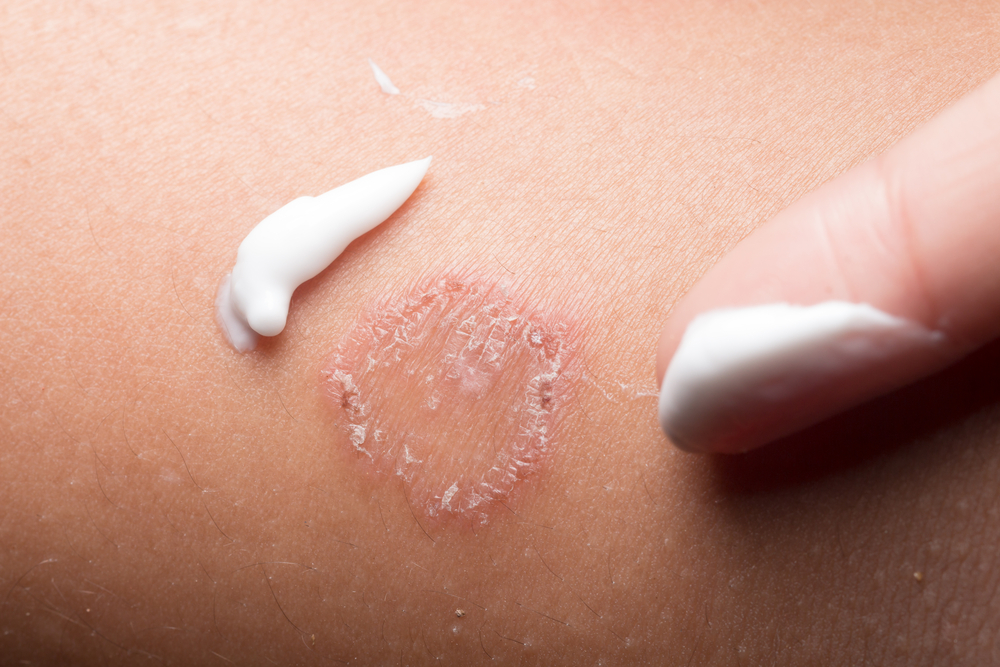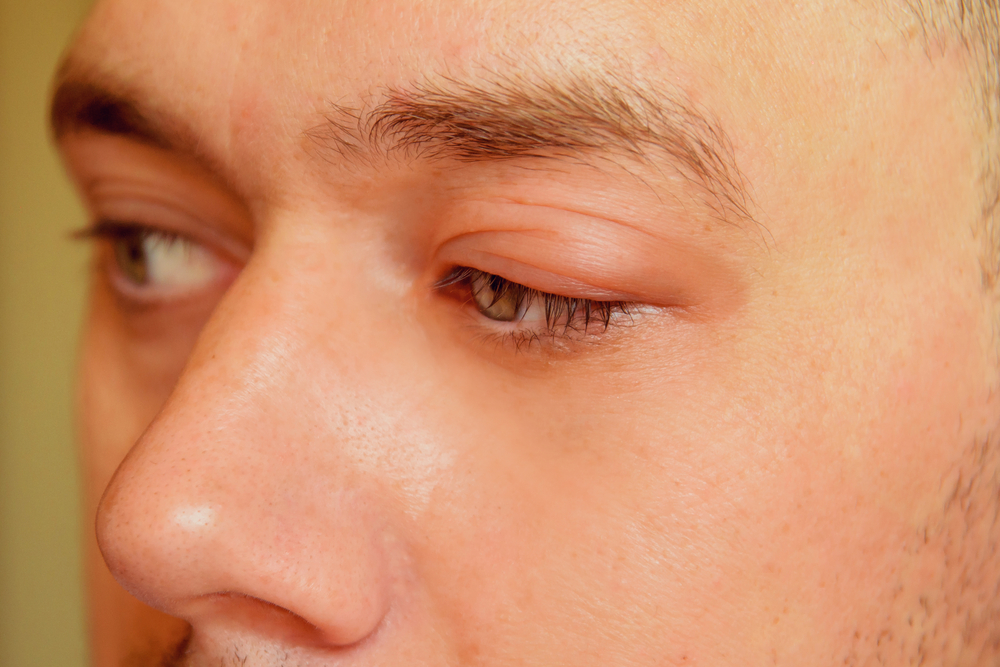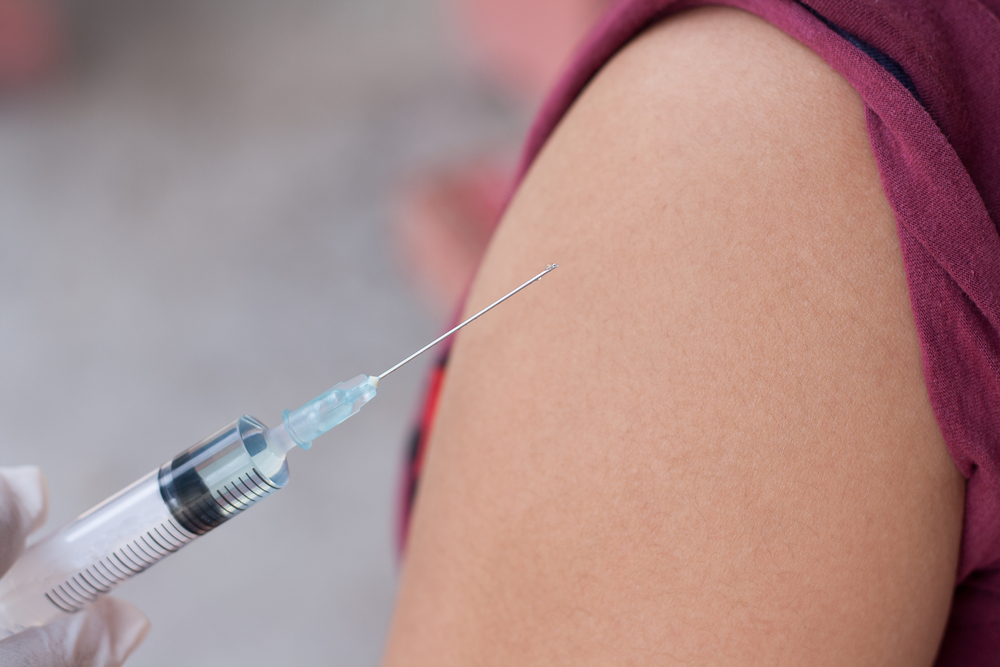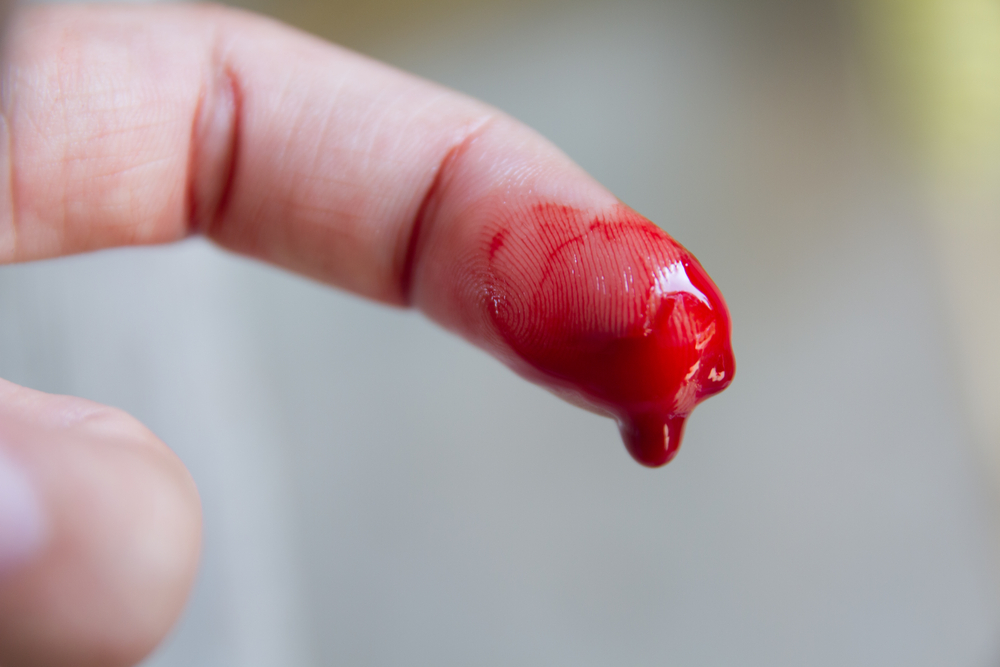- Despite its name, ringworm is actually a highly contagious fungal infection.
- Many natural and over-the-counter remedies are available to treat this condition.
- Proper hygiene can help prevent the spread of ringworm to other parts of the body and to other people.
Ringworm affects animals and people. Though it’s more likely to catch ringworm from another person, it is still possible to contract it from a pet, from the soil where the fungus lives, and from objects where the fungus can linger for some time.
For the most part, you can treat ringworm at home with natural remedies and over-the-counter medication. Read on to find out what treatments work best.
What Is Ringworm?
Also known as tinea, ringworm is a contagious rash caused by fungus. This fungus tends to prefer living off of dead skin in warm and humid parts of the body, such as the groin and feet. However, it can feed off dead skin anywhere on the body, including hair, nails and scalp. Depending on where the infection takes root, ringworm may also be referred to as ‘jock itch’ and ‘athlete’s foot.’
Ringworm most commonly appears as flaky red or silver-like rings, hence the name. The skin looks normal inside the ring but appears red and irritated on the outer ring. The affected skin typically feels scaly, itchy and inflamed. More severe cases may be accompanied by pus.
Natural Remedies for Ringworm
Many common house household products are effective at eliminating this stubborn infection. Going this route holds an advantage as it is relatively inexpensive and easy. Here are some of the most typical and effective treatments you can find as near as your kitchen cupboard.
- Lavender oil
Lavender oil is a natural antifungal and antiseptic agent that will inhibit the ringworm fungus. It soothes the itching and inflammation as it penetrates the skin and kills the infection. You may choose to use it in a pure essential oil form or buy a pre-made cream.
- Garlic
Garlic contains an antifungal matter called ‘ajoene’ that works against ringworm. Simply make a paste with 3 to 4 cloves and olive oil to help reach the desired consistency. Apply the paste to the affected area and wrap it with a bandage. Allow the paste to act for approximately 2 hours. Best results are achieved when this is repeated 2-3 times daily over a period of 2-4 weeks.
- Tea tree oil
Tea tree oil has many antiseptic and antifungal properties. Try dabbing the affected areas with 100% tea tree oil on a cotton ball. This should be repeated 3-4 times a day. It is important to note that tea tree oil may irritate the skin, so avoid using it in sensitive areas, such as the groin.
- Aloe vera
The sap from the aloe vera plant comes packed with many beneficial anti-inflammatory and antifungal ingredients such as lupeol, salicylic acid and phenols. This makes it a potent treatment for ringworm. Apply aloe vera gel to the affected area 3-4 times daily for at least 2-3 weeks.
- Coconut oil
The lauric acid in coconut oil provides antiviral and anti-fungal benefits. It kills the ringworm fungus by dissolving the outer fatty membranes of the microbes. It also hydrates the skin and relieves many of the symptoms associated with ringworm.
- Other natural products
The list of natural home remedies for ringworm is extensive and includes turmeric, apple cider vinegar, goldenseal and mustard seed paste. Whatever product you choose, it’s important to be vigilant and consistent with the application as even mild cases take several weeks to clear up.
OTC Remedies for Ringworm
Aside from the long list of home remedies, there are some over-the-counter medications that are worth a try. Depending on your symptoms, these treatments may be more or less effective than their natural counterparts.
- Antifungal shampoo
Ringworm can affect the scalp, which is a difficult area to access — especially if you have long hair. In such cases symptoms include patches of hair loss, itching, scalp boils and dandruff. In cases of scalp infection, look for shampoos with antifungal ingredients, such as ketoconazole, selenium sulfide and zinc pyrithione.
For best results, your dermatologist may recommend shampoo used simultaneously with prescription antifungal drugs.
- Topical antifungal cream
Most mild cases of ringworm can be treated at home with any antifungal that includes the following ingredients: miconazole, clotrimazole and terbinafine. After cleaning the rash, apply the antifungal treatment to the affected area 2-3 times per day or as directed.
According to Dr. Amesh A. Adalja, an infectious disease specialist at the Johns Hopkins Center for Health Security in Baltimore, MD, the active ingredients in over-the-counter ringworm treatments are antifungal compounds.
“Clotrimazole and miconazole are in the same class (azoles) and work to block the synthesis of a component of the fungal cell membrane,” he explains. “Terbinafine is a different type of drug but – like the others – works to stop the synthesis of a cell membrane component.”
Dr. Heather Finlay-Morreale, a pediatrician at the University of Massachusetts Memorial Medical Center, concurs and notes that “any of the over-the-counter topical creams and ointments are good options for ringworm. However, clotrimazole is safe even for young children.”
Clearing Up Common Myths
In treating ringworm, there are a few misconceptions that should be noted. This section lists some of the questions patients most commonly ask their dermatologists.
- Can’t I just use hydrocortisone?
Topical hydrocortisone can seem like it is working in the beginning. You might see the rash start to disappear when in fact, it actually drives the fungus deeper into the skin, making it more difficult to treat using a topical antifungal balm alone.
- Should I keep the infection bandaged?
Though it may seem to make sense to bandage ringworm to keep it from spreading to other people, this locks moisture in, creating an ideal environment for ringworm to thrive. In the end, wrapping the infection can delay healing. A better approach would be to keep the affected area clean and use loose clothing to cover it up.
- Can ringworm kill you?
Though not serious, ringworm is highly contagious. It is important to treat it effectively and prevent infection whenever possible.
To prevent the spread of ringworm to other parts of the body and to other people, maintain good hygiene by keeping the body and face clean and shampooing consistently. It’s also a good idea to regularly wash bed linens and towels. Use soaps that contain many of the natural ingredients mentioned previously. Also, try to wear flip-flops whenever using a public shower.
Armed with these practices and the list of treatments previously mentioned, you should be able to keep ringworm infections in check.









